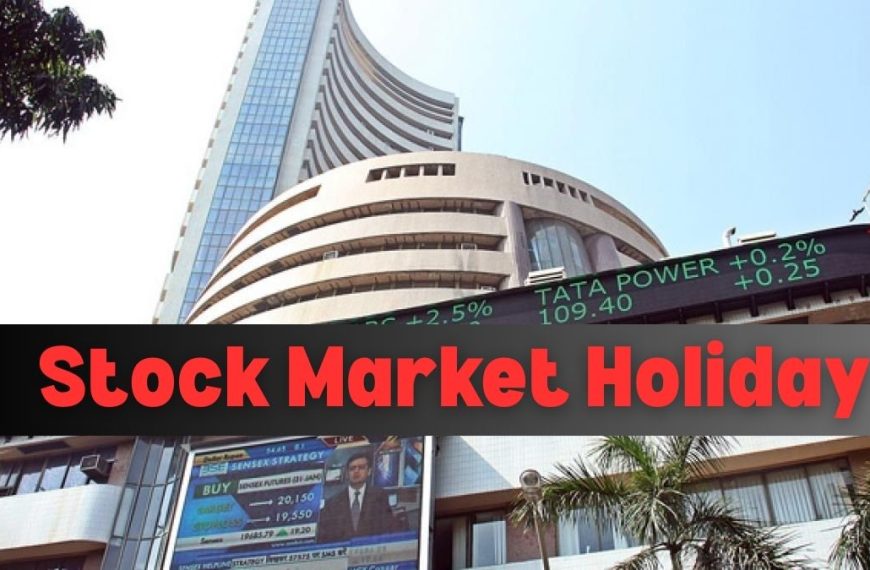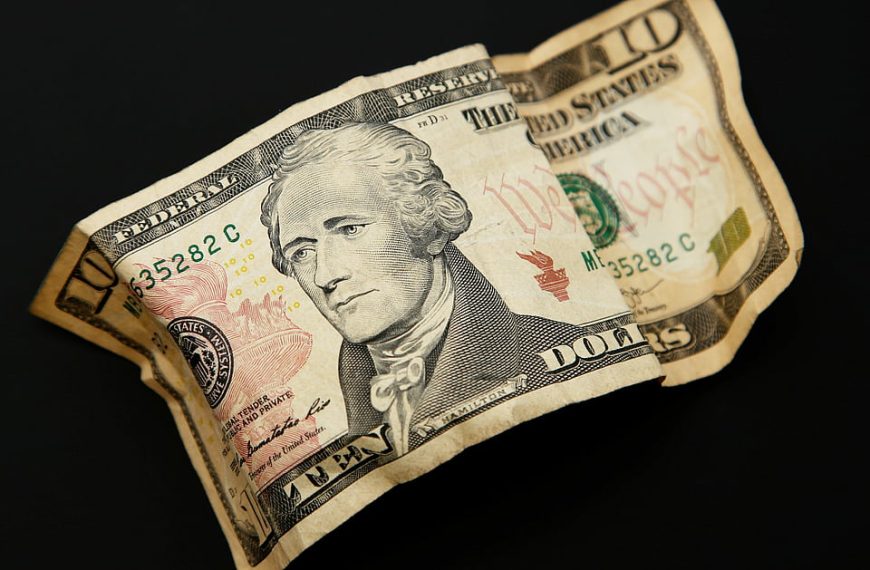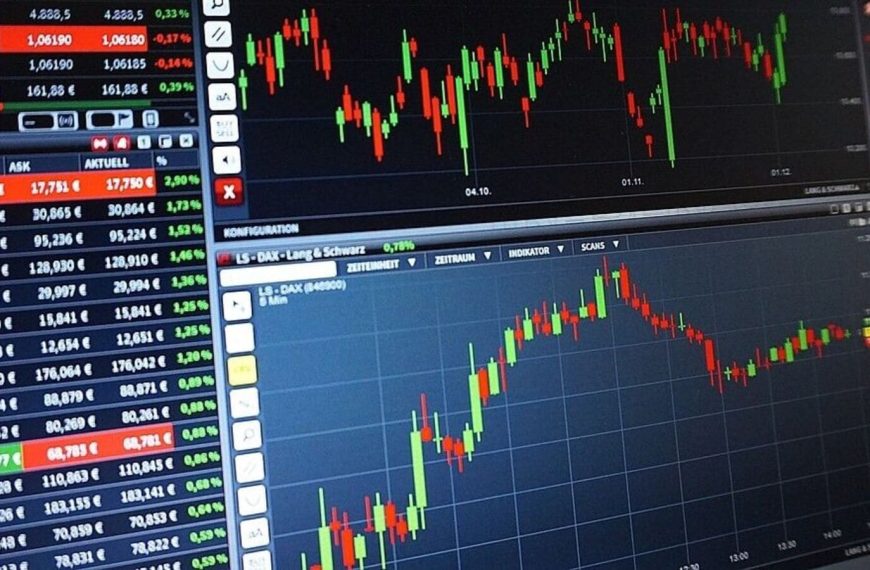On Monday, Indian stock markets faced a significant downturn, with both the Sensex and Nifty 50 indices plummeting sharply. This drastic shift was largely influenced by growing concerns over a potential recession in the United States, exacerbated by an escalating global trade conflict initiated by tariffs from former President Donald Trump. The Sensex tumbled nearly 4,000 points, while the Nifty 50 fell below 21,750, marking a concerning trend as it approached a one-year low.
Major Market Decline
The day began with the Sensex opening down by 3,914.75 points (5.19%), settling at 71,449.94. In tandem, the Nifty 50 experienced a drop of 1,146.05 points (5.00%), starting at 21,758.40. This represented one of the steepest single-day declines in the market’s history, reflecting a broader global trend of investor apprehension.
- Market Capitalization Loss: Investors collectively lost around ₹16 lakh crore almost instantly, bringing the market cap of BSE-listed companies down from over ₹403 lakh crore to ₹387 lakh crore.
- Volatility Surge: The India VIX index surged by 56.50% to 21.53, indicating heightened volatility as traders braced for ongoing turbulence in the markets.
This crash echoed the infamous ‘Black Monday’ of October 19, 1987, which is often regarded as a pivotal moment in financial upheaval worldwide.
Historical Context of Market Crashes in India
India’s financial markets have endured several notable crashes throughout history. Here’s a recap of some of the most significant single-day declines:
1. Harshad Mehta Scam (1992)
In 1992, the exposure of the Harshad Mehta scam, valued at over ₹4,000 crore, led to a dramatic market crash. On April 28, 1992, the Sensex fell by 570 points (12.7%), prompting major reforms in the Indian financial system, including enhanced regulatory powers for SEBI.
2. Ketan Parekh Manipulation (2001)
The revelation of another manipulation scheme involving Ketan Parekh in 2001 triggered panic in the markets. On March 2, 2001, the Sensex dropped 176 points (4.13%), coinciding with the aftermath of the Gujarat earthquake and negative global signals.
3. Election Shock (2004)
The unexpected victory of the UPA over the NDA in the 2004 General Elections sent shockwaves through the stock market. On May 17, 2004, the Sensex plummeted by 11.1%, leading to multiple trading halts due to intense panic selling.
4. Global Financial Crisis (2008)
The collapse of Lehman Brothers in 2008 set off a global financial crisis, with the Sensex diving 1,408 points (7.4%) on January 21, 2008. This marked one of the worst bear markets in Indian history, with the index dropping nearly 60% from its previous peak.
5. COVID-19 Pandemic (2020)
The onset of the COVID-19 pandemic resulted in the most severe crash in Indian market history. On March 23, 2020, the Sensex fell by 3,935 points (13.2%) following the announcement of a nationwide lockdown, which triggered widespread panic. However, timely fiscal measures helped the market recover in the subsequent months.
The recent market turmoil serves as a reminder of the volatility inherent in stock trading and the potential for rapid shifts based on global economic conditions. As investors navigate these uncertain times, staying informed and adaptable is crucial.










